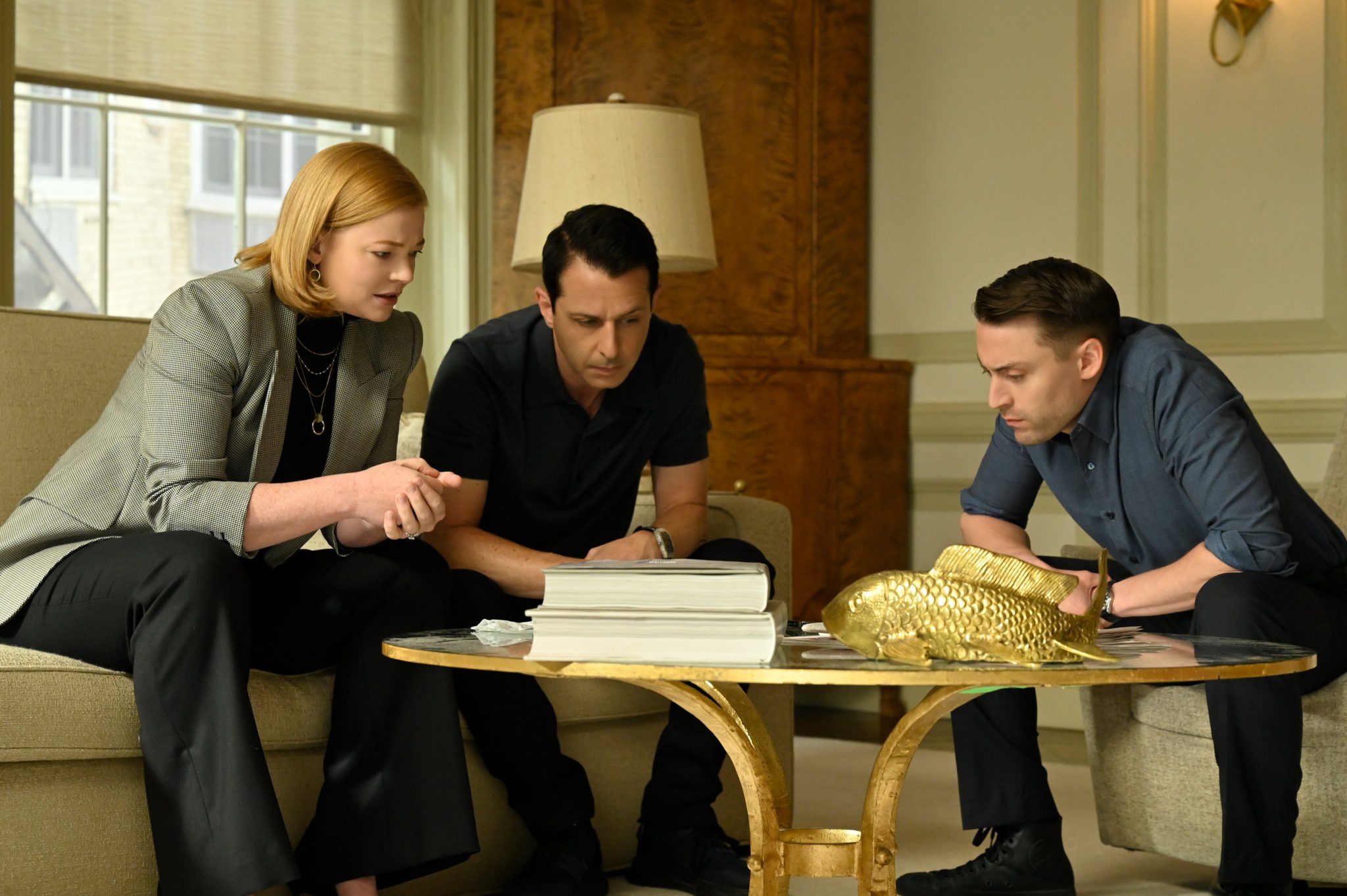If it is to enter the Parthenon of prestige TV, then what does a ‘great’ show even look like? Spoilers ahead.
Why was Succession (2018-23) the greatest TV show of all time? I don’t necessarily mean to claim that Succession was indeed the greatest TV show of all time. Obviously, on almost any meaningful level, the question of whether Succession was ‘better’ or ‘worse’ than The Sopranos (1999-2007) or Breaking Bad (2008-13), or whichever show you’d name, is as fatuously irrelevant as the attempt to rank every episode of the show in order – itself an endeavour roughly as coherent as ranking all the scenes in Macbeth, or all the notes in Beethoven’s 9th.
What I really mean to ask here is: suppose that Succession was (as some people are saying) the greatest TV show of all time. What was so great about it, exactly?
Succession was a show about very rich people. But it was also a show about geriatric millennials failing to achieve their goals. In this sense its characters have always had the ring of Shakespearean tragedy about them – the psychology of its nobles very much playing out on the level of ‘as above, so below’ (this is before you get to Frank actively identifying as an “attendant lord”; to Tom and Greg bantering like Rosencrantz and Guildenstern; to the sheer Prince Hamlet-ness of Kendall’s entire being).
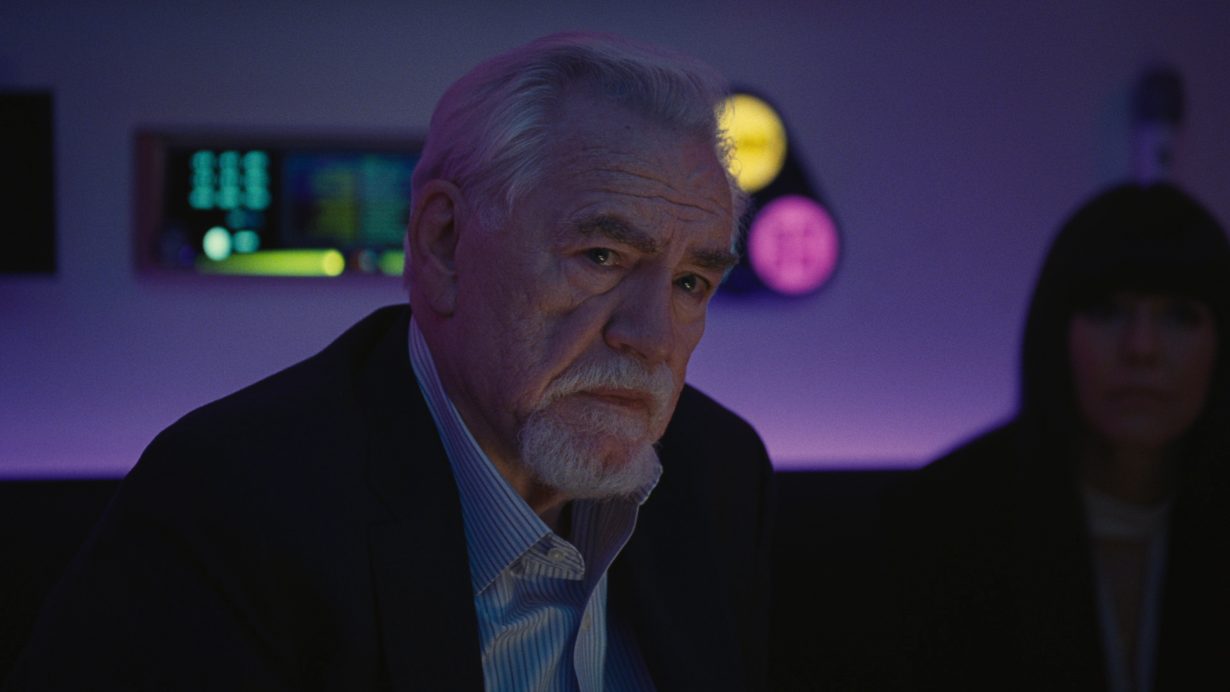
The dynamic between the central characters on Succession was always a mirror of one which plays out in our own social world. The older generation, represented most fully by Logan, always seem to have been able to succeed on their own terms. They have created a world in which they know more wealth – and have afforded their children more wealth – than any human being has ever known before. But this world is also, in a word, bad: built on the destructive appropriation of natural resources, on the rape and murder of the poor and oppressed, on the worst instincts of the democratic mass. Their children sense, at least dimly, that things might be different – that perhaps all of this immense plenty could be preserved, and somehow more fairly distributed, in a world where less free reign is given to the worst. But such was their upbringing, and such is their parents’ still-sure grasp on power, that they have no clue how to bring this better world about – and besides which, in pivotal moments, they’re never quite sure that they’d actually want to. So their efforts to assert themselves against their parents, however briefly promising, amount inevitably to nothing: are brought down, invariably, by their own collective failings.
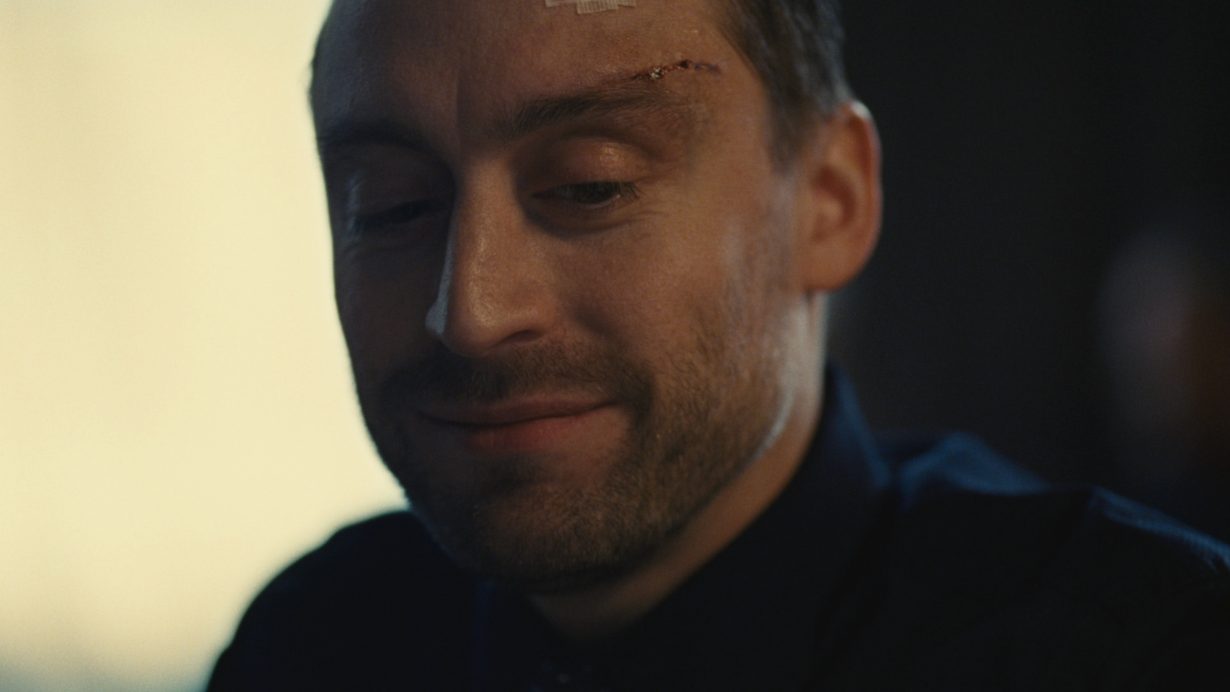
In Hegel’s Master-Slave dialectic, he purports to demonstrate that we can only feel sure of our status as individuals if we have, on at least some symbolic level, staked ourselves in a struggle to the death. Succession sees the Roy siblings continually failing this test – both against their father, who would never let them win, and the world in general, which they have always been kept methodically shielded from. And so in the end they amount, as Roman puts it in his final speech, to “bullshit, nothing”. They are, as a line repeated in both the first and fourth series goes, “not serious people”. But then, they have never been allowed to be. This generation will never make a transformative contribution to the world. In the final episode, the collapse in Kendall’s hopes of taking control of the company, the only role he has ever wanted for himself, is compounded by the revelation (to the viewer, if not the family) that he is not even the biological father of his children.
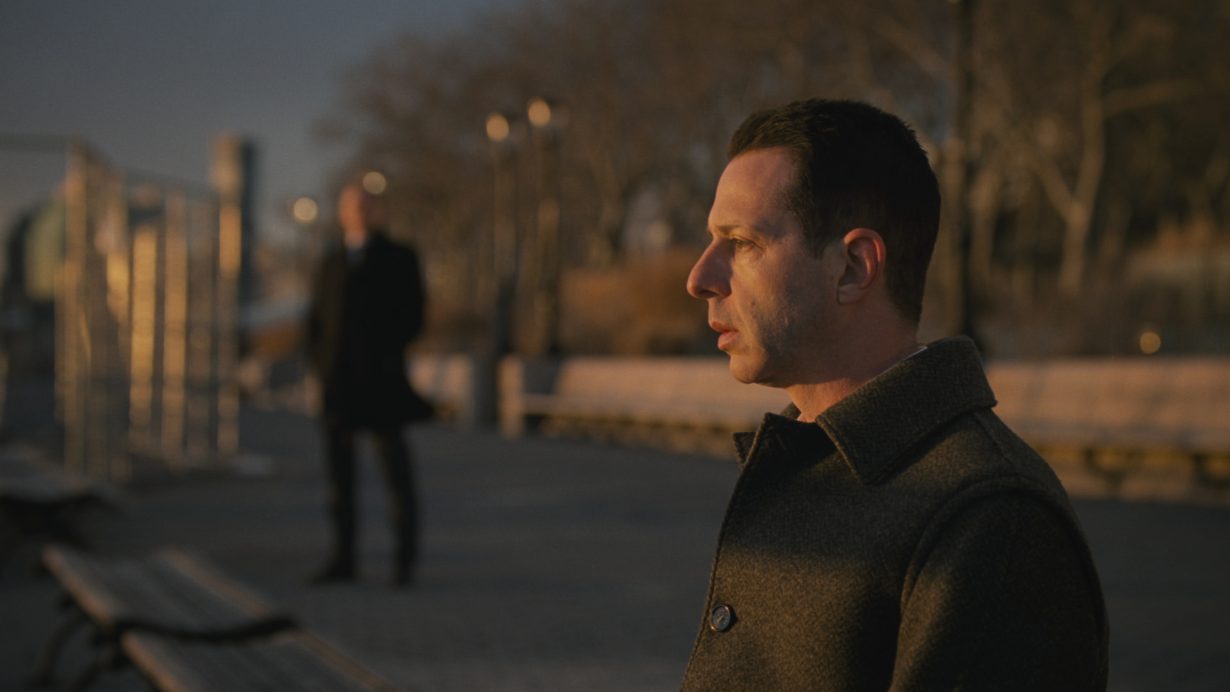
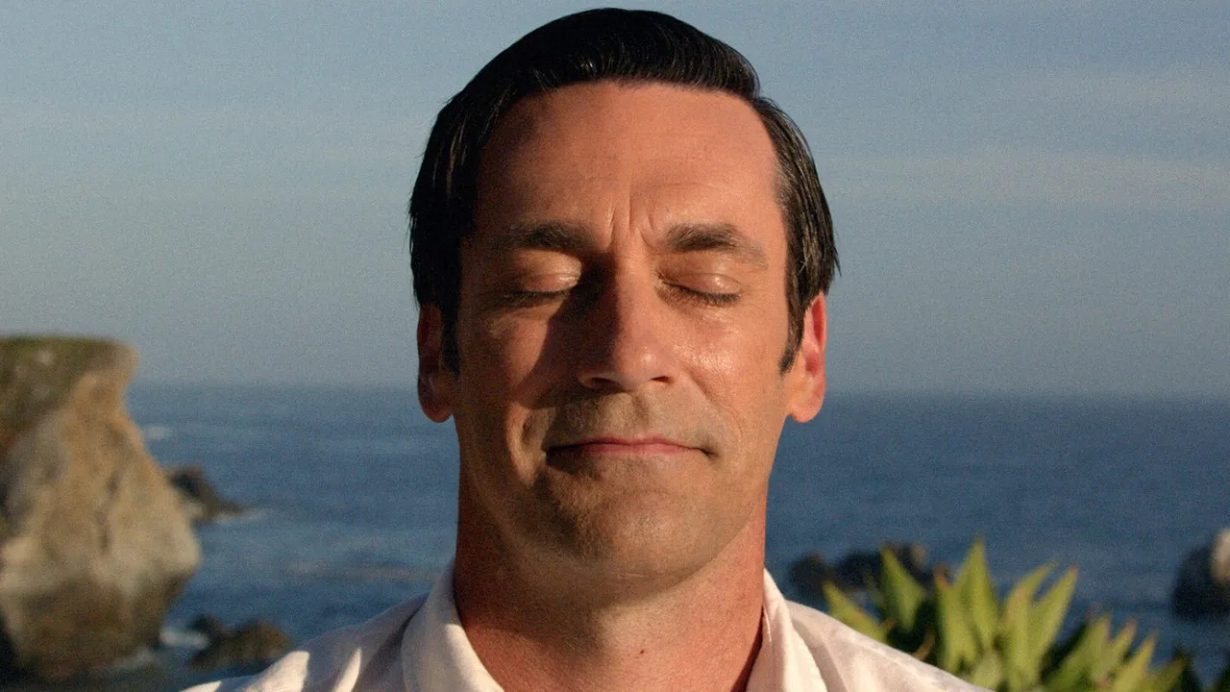
But Succession was not just about the tension between ‘boomers’ and ‘millennials’ in the developed world. If it does indeed have a claim to be the superior of The Sopranos, Mad Men (2007-15) or Breaking Bad, then this is because Succession was also a show about prestige TV itself. ‘Prestige TV’, in The Sopranos mode, comprises shows which revolve around a single, anti-heroic, patriarchal figure: a ‘big daddy’, as it were. Big daddy Tony: the strongest guy, the meanest guy in every room; but also funny and charming, and with hidden psychological depths. Big daddy Don: brilliant and beautiful, the genius ad-man with movie star good looks, although (of course) his real talent is for making and selling the image of himself. Big daddy Walt: the smartest guy in the universe; the devil; liberated, by his own impending death, from the strictures of suburban morality – both willing and able to manipulate anyone around him to appropriate as much wealth as possible for himself.
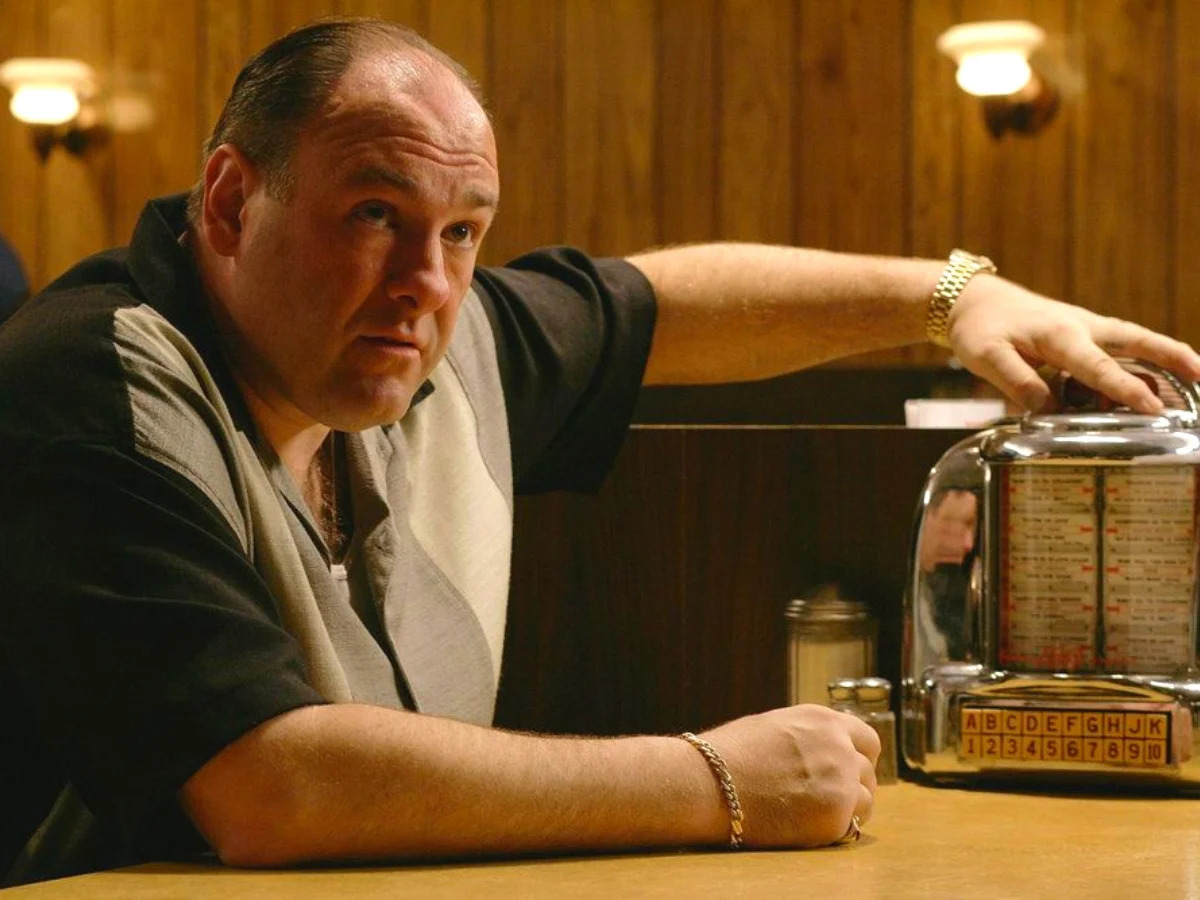
These characters were, effectively, super-heroic: while frequently facing immense adversity, often in the form of institutional pressure, they were able to manipulate the fabric of reality and really achieve things – things none of the other characters were really capable of. But their great failing was that, while they might typically make insistences to the contrary, they were never really capable of acting in anything other than their own selfish, private interest or short-term self-preservation – and in each case, the dynamic of the series played out in such a way that nothing they did really carried over into future generations. On a symbolic level, Tony, Don and Walt all ate their children – and not just their biological ones, either (think Christopher, Peggy, Jesse). It spoke to a collective fear: that the unprecedented wealth and security enjoyed by the boomers could never be carried over to future generations.
Succession took this dynamic and, in the form of Logan, made the heroic ‘big daddy’ character someone ailing and sick: a man who suffered a stroke in the first episode; who was still capable of (sometimes) getting the big calls ‘right’, but also liable to get “piss-mad” and risk destroying the company (obviously Walter White was also literally sick and dying, but unlike Logan he was also rejuvenated by this). In the ‘classic’ three prestige TV shows, the imperative for the world (for the action, for the other characters, for future generations) to move beyond the central big daddy characters was much less urgent – and they were still active and powerful enough to scorch any attempt to do so. Here, the big daddy was always obviously on his way out – and yet, building any kind of alternative to his order was still, the other characters around him found, impossible.
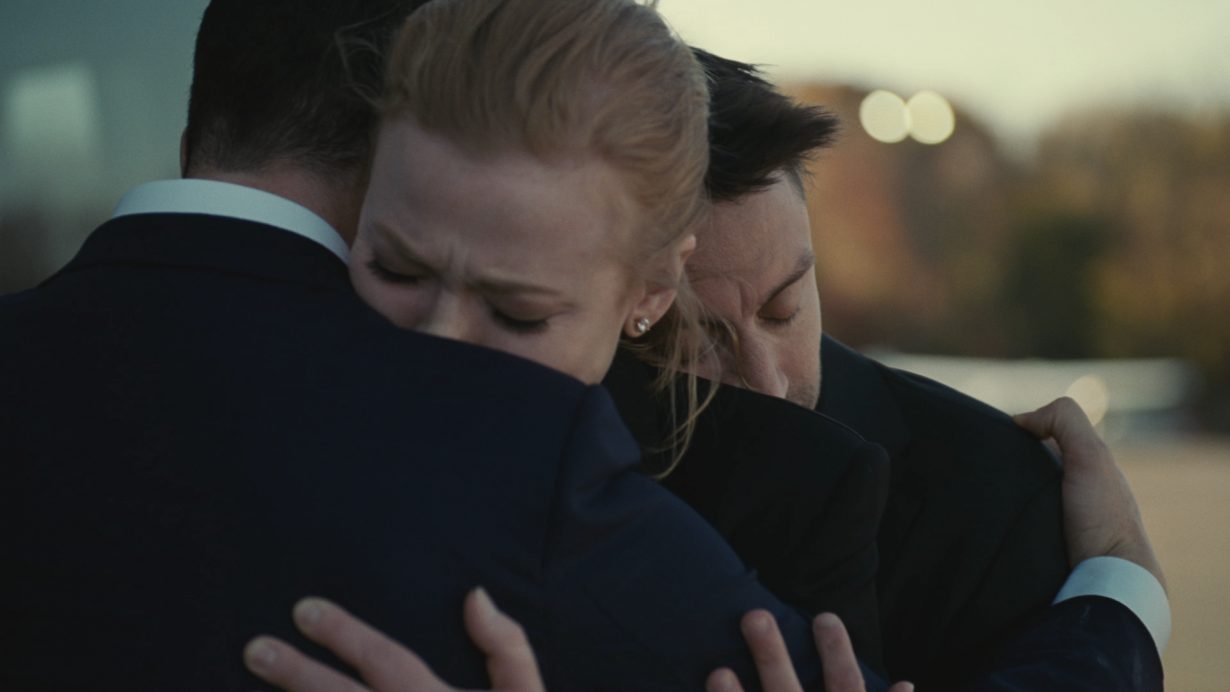
Thus Succession was, perhaps primarily and certainly – given that it is an entertainment show – an aesthetic triumph. It’s not just about the broad-brush: it’s also the music, the visuals, the supporting characters. The interplay between the voices of the three central Roy siblings even resembles that of the Beastie Boys. The one-liners, not just a product of the fact that this was a prestige TV show created and developed by comedy writers, but also that prestige TV itself has always been supposed to be, among other things, funny: Tom telling that he would “castrate you and marry you in a heartbeat”; Roman referring to Logan as a “human Saudi Arabia”.
But the broad-brush was also, let’s face it, brilliant. More than anything else, perhaps, Succession was characterised by a mastery of narrative form. The show was about a media empire; the series itself was structured like a news cycle.
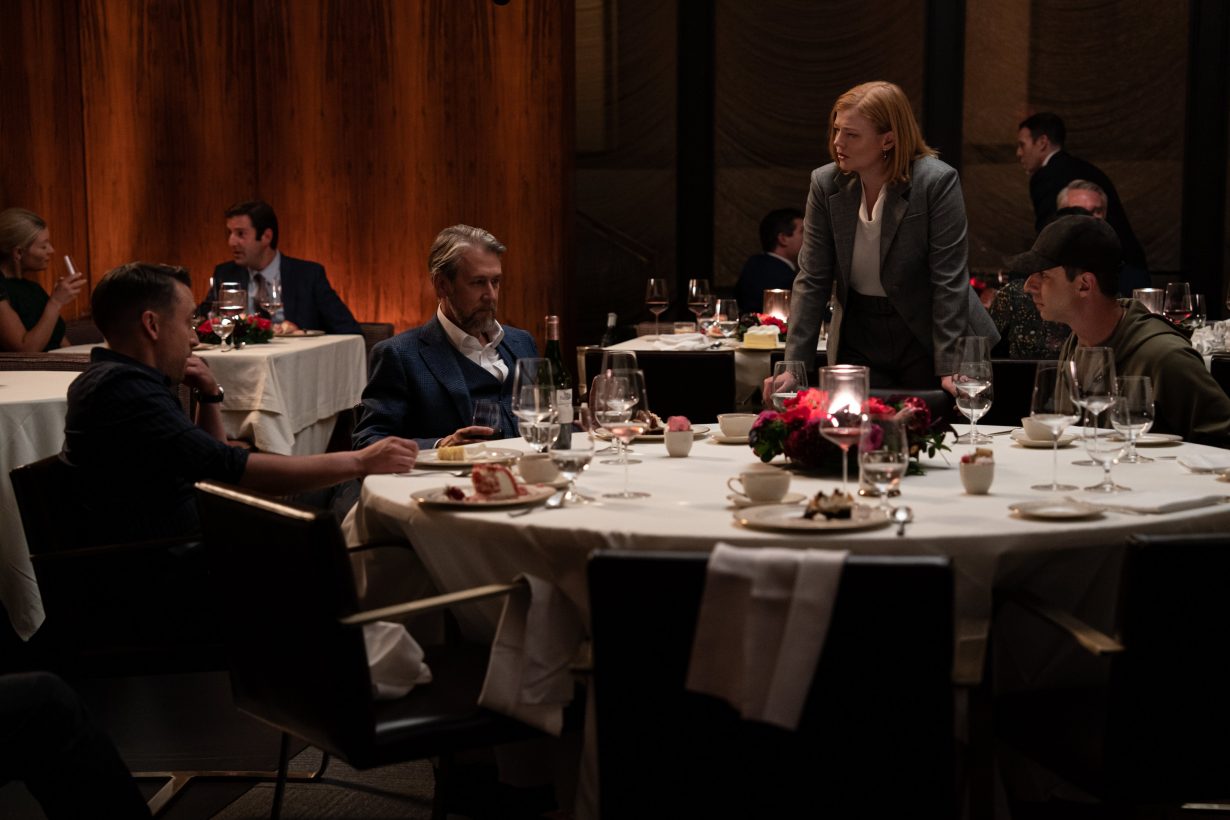
Taken as a whole, Succession sees the same few things happening, again and again and again. Kendall wants to take over; Logan doesn’t want to let him; his siblings sometimes seem like they might, but they never carry it through. Waystar is being taken over, or wants to take someone else over. Something is happening with the election. There is a corporate retreat. There is a wedding. The same options continually present themselves: maybe we can get Shiv on board; maybe we can call Stewie. The tension builds and builds, as all the action seems to converge on some single, momentous event – and sometimes said event even takes place. But then, when it happens, the effect is never what anyone really seems to have hoped for – events invariably resolve on the side of the single most conservative option possible.
This was a post-Trump show, drawing on a world in which the news was often described as the manifestation of a sort of ‘collective nightmare’. And certainly – again, taken as a whole – the show wedded the logic of the news cycle to that of a bad dream. Something is always haunting Waystar: debt, takeover attempts, the cruises scandal. Events are always threatening to spin out of control; some new monster is always threatening to burst out. Likewise, the characters are all motivated, for the most part, by their fears: fears which always conspire, through the tension working between them, to come true.
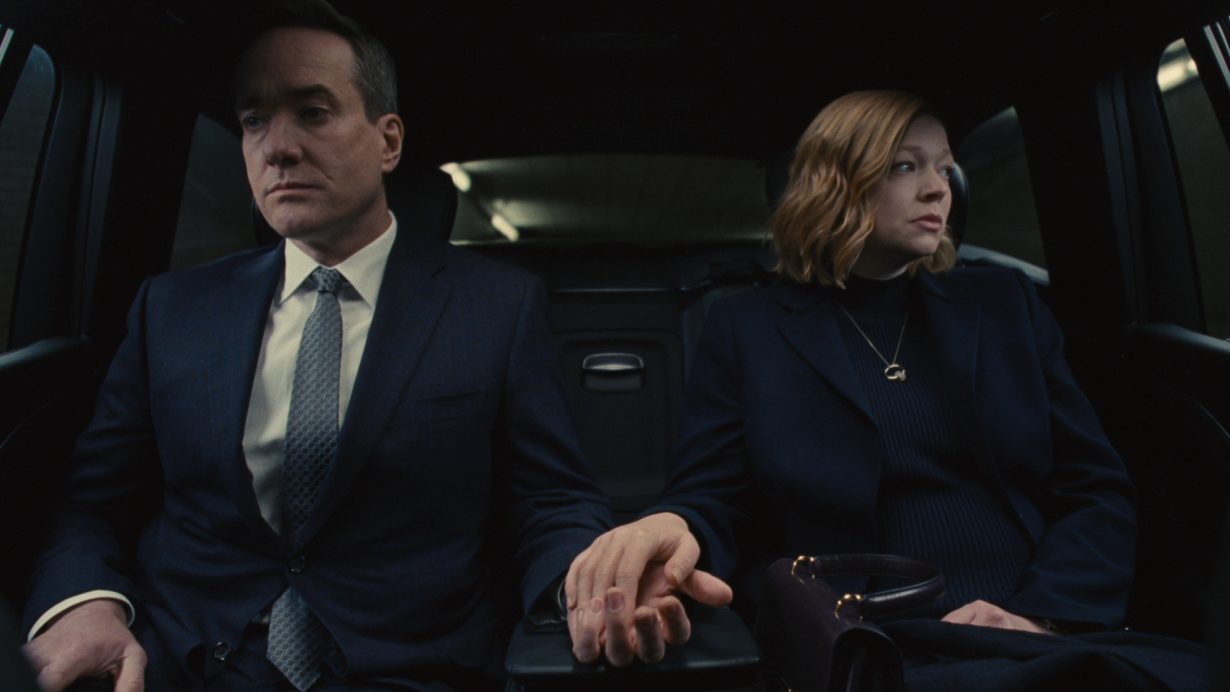
And in the final episode, of course, this is what happens – brilliantly, inevitably, definitively. Kendall loses control of the company, mostly because he is an addict whose family neither love nor trust him; Shiv is appended to her (finally) more powerful husband, who has taken the place of her father; Roman, broken both physically and spiritually by grief and having attempted to rig an election on behalf of a fascist, can now be certain he is “nothing”. Cousin Greg’s only option is to toil in service to Tom, who will now make sure to punish him for his transgressions. Even Tom, in his moment of triumph, hasn’t really got what he wanted. Even if, outwardly, he has triumphed over the Roy siblings and is about to have a child with his wife, who now has little option but to support him, he still can’t make Shiv love him. Of all the major characters, perhaps only Connor can be said to end up happy – his options being either to be appointed ambassador to Slovenia (if Mencken is confirmed as President), or else stay in New York with Willa (if, as the final episode implies is likely, he isn’t). But Connor is, of course, an idiot – numbed by the lovelessness that characterised his childhood, and so almost completely insensible to any reality beyond him.
